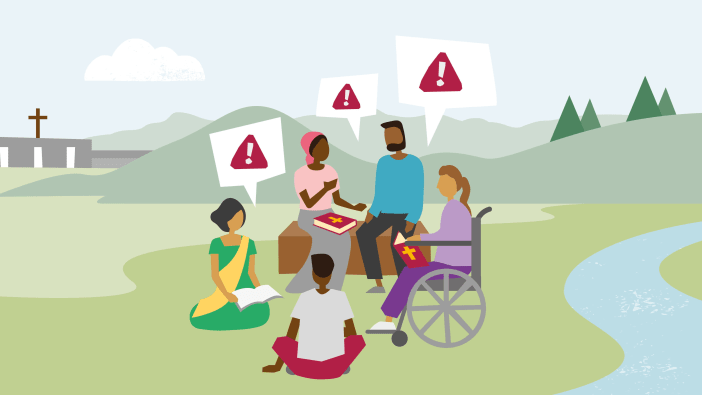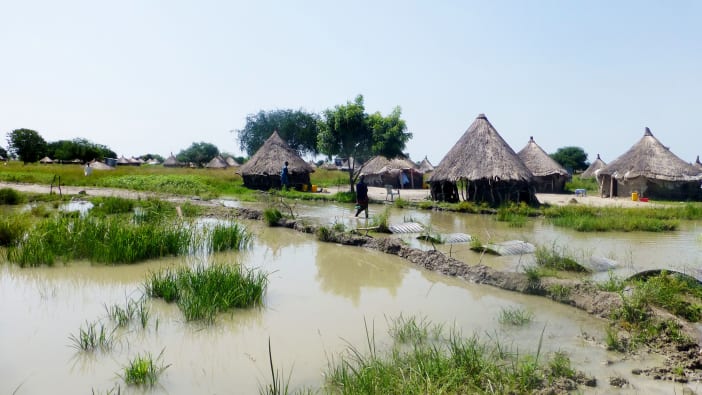by Jun Vencer.
Each Disaster brings individual stories of great tragedy and human suffering. How is the church to respond to such need? Every church should be involved in providing relief for those who suffer – in whatever way. In the book of Acts, the early church in Antioch provides a good model for all churches to follow. When the famine in Judea took place, every believer in Antioch …each according to his ability, decided to provide help for the brothers living in Judea.
In some countries the church is uniquely placed to provide effective relief in times of disaster. Churches may be nearby and able to act quickly in the affected areas. Church leaders are usually reliable and able to identify those in greatest need in the community. After the relief operation the local church provides a permanent focus for follow-up. Relief agencies can come and go, but the local church remains.
The churches’ involvement in relief can be a powerful witness to those around. When the gospel is put into practice during relief work, many may respond to the Christian faith. However, Christian groups need to be very sensitive to this issue. It is very easy to encourage ‘rice Christians’ – those who believe that by saying they have become Christians they will receive more help and food. The gospel should not be preached to captive audiences – for example, people queuing for help in a mission hospital or waiting to receive food aid. God’s desire is for willing disciples.
The church has a social responsibility to help needy people in the name of Jesus Christ. In disaster situations the caring actions of Christians will often speak louder than words.
Three case studies
In Armenia relief parcels were distributed to displaced people in hostel accommodation without any outward form of evangelism taking place. There was also no literature displayed. In this situation, their approach helped people to keep their dignity – particularly as some did not agree with their beliefs.
In Zimbabwe one group preached and sang Christian songs to people before food distribution took place. Something of a festival atmosphere was created, as the local people were sympathetic to Christian beliefs.
In Bosnia, food and other relief goods are made available to community groups who then manage the distribution themselves. These groups may be secular, Catholic or Muslim – evangelistic outreach is not part of the distribution. However, Christian literature and daily Bible reading notes are printed by this organisation these are made available to any contacts in the leadership of the community groups. Although the relief distribution and literature work are quite separate, they work together as two aspects of outreach to the whole person – practical and spiritual.









